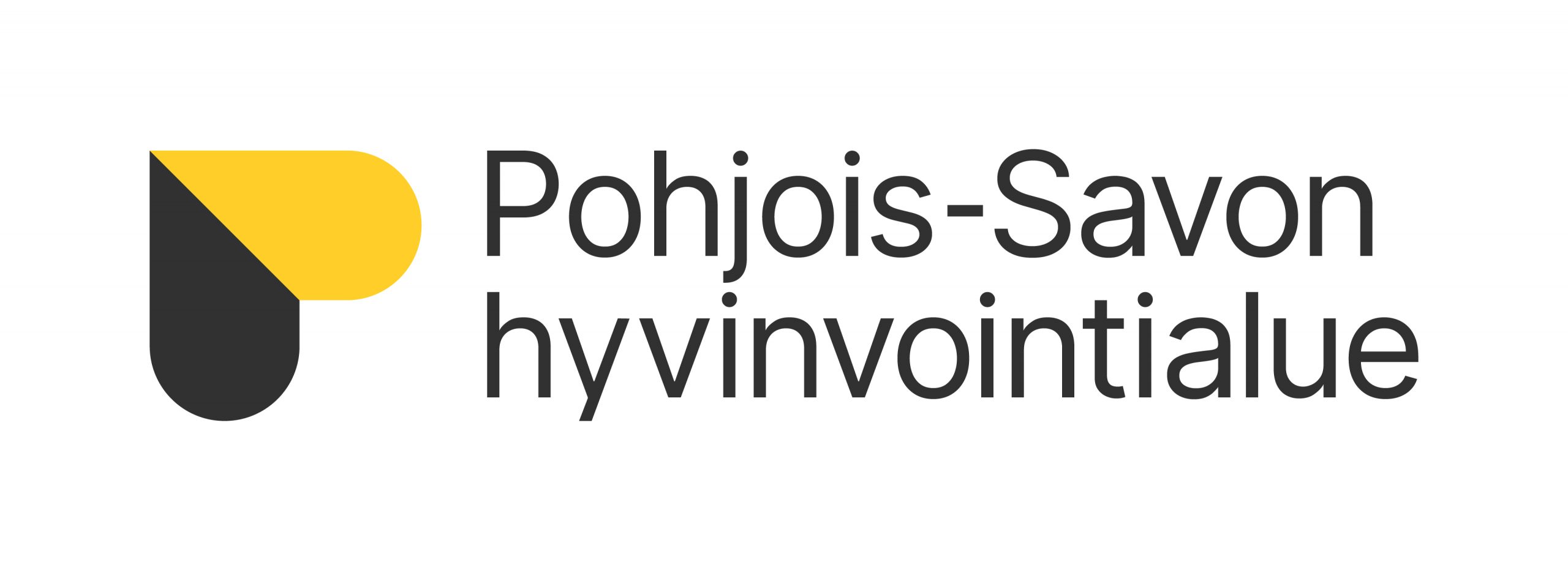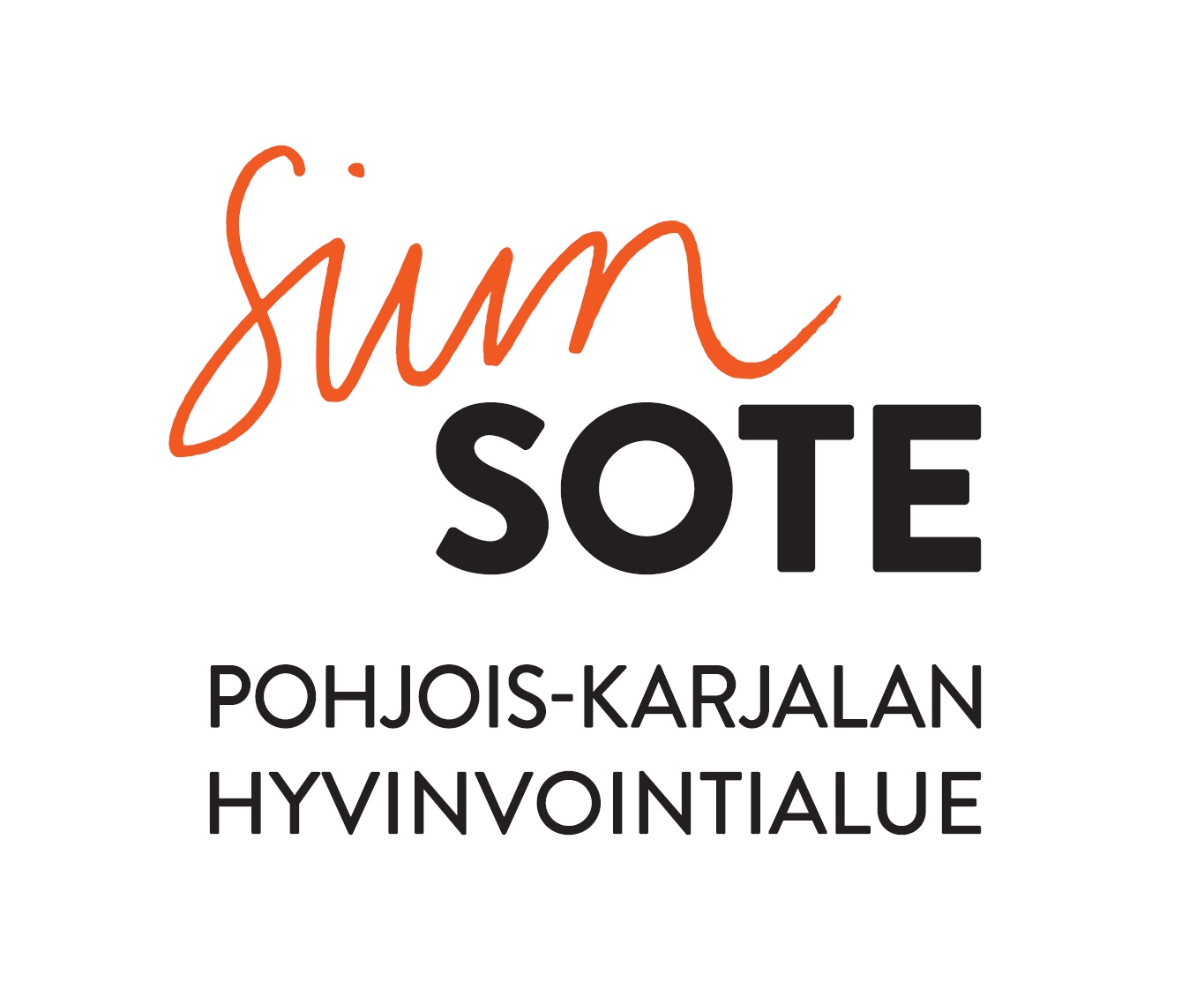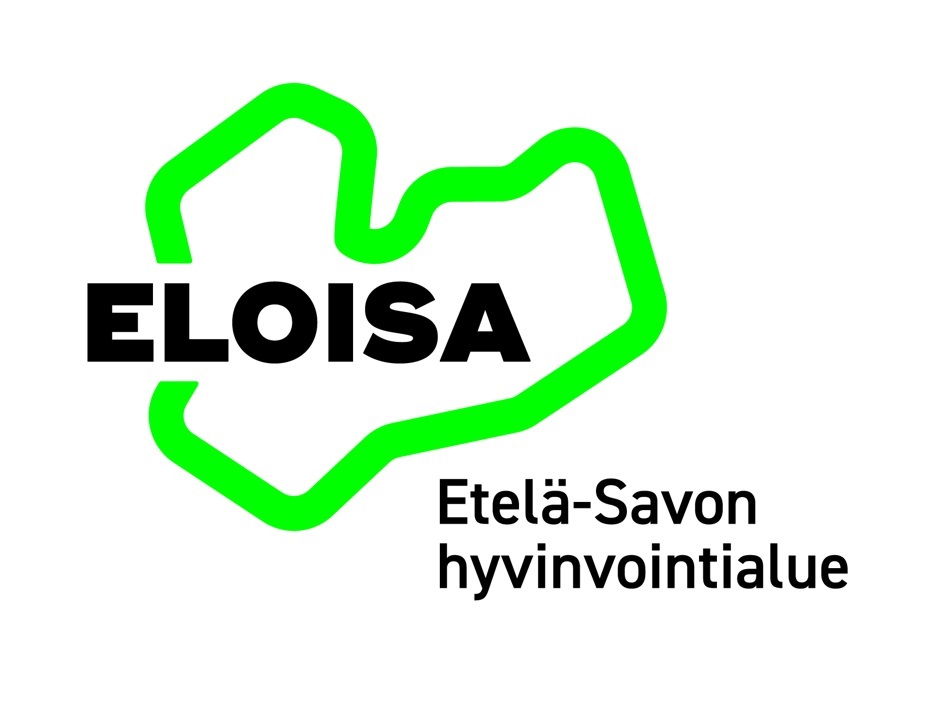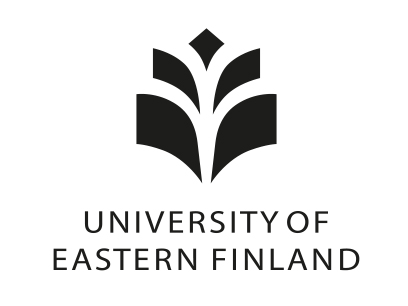
BIOBANK RESEARCH
The use of samples in research
The samples and associated data are an important resource for medical research. The samples can be used, for example, to study the etiology of diseases or to develop and validate new diagnostic methods. The sample- and data sets can also be used for the development of personalised medicine, aimed at preventing, detecting and treating diseases in ways that are adapted to suit each patient individually. For example, there are numerous types and forms of cancer, and each patient reacts differently to the various treatments and drugs available. Therefore we expect that it will become increasingly important to know the specific nature of an individual tumor and to find the most effective treatment for each individual patient. This requires extensive, often long-term, studies that also combine data from various registries.
The advantages of biobanking
The comprehensive use of existing sample collections in medical research has many benefits. Citizens do not have to be invited on multiple occasions to participate in surveys and donate new samples. Also, samples that have been collected at great expense can be used more efficiently for research purposes, aiding in the development of better treatments and medications. Development work can be done in cooperation with pharmaceutical companies so that the research results can be translated into better treatments and drugs. The success of a biobank operation relies on good cooperation and trust between donors and researchers.



